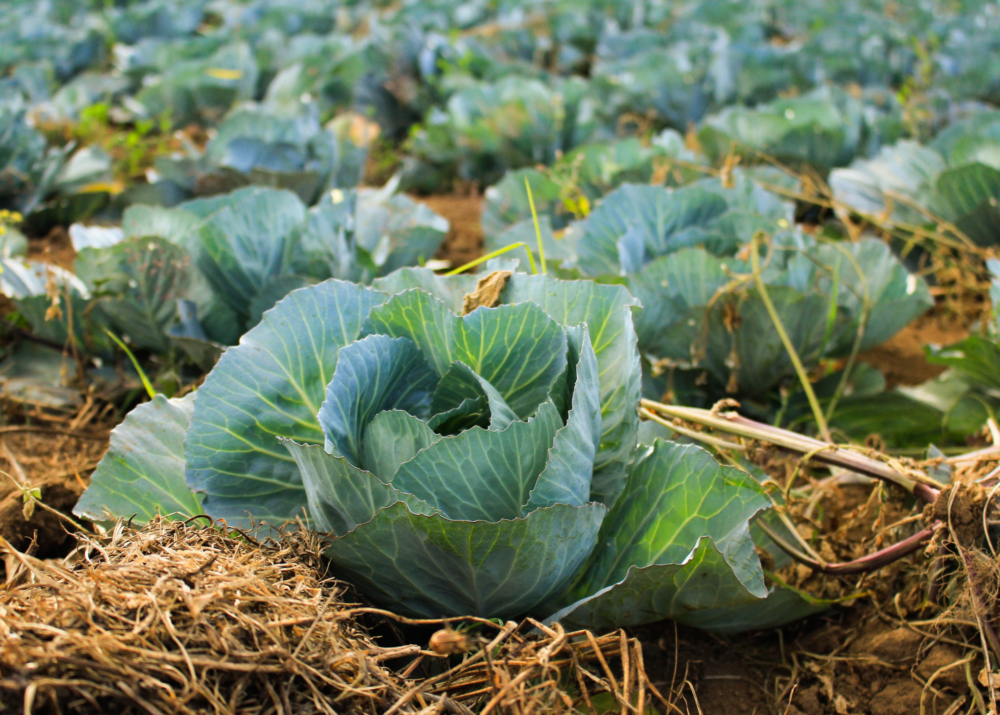
Organic vegetable farming can be incredibly satisfying, but it’s far from easy. Let us help make farming easier and more efficient with these tips
Organic vegetable farming is a rewarding and noble pursuit, contributing to the health and well-being of consumers and the environment. However, it can be challenging, labor-intensive, and resource-consuming. To help you lighten some of these burdens, we have compiled a few tips and advice to make your life easier on your organic vegetable farm.
Automate Your Workflow
Incorporating modern technology into organic farming practices can save time, energy, and money. Use a drip irrigation system to water your crops efficiently and conserve water, or invest in an automatic seeder to streamline the planting process. These systems help you reduce your workload while keeping the integrity of your organic operation intact.
Use Cover Crops and Crop Rotation
Cover crops and crop rotation are essential for maintaining and replenishing the soil’s nutrients, reducing pests and diseases, and improving biodiversity. By rotating your crops and using cover crops like clover or rye, you can improve soil fertility, reduce erosion, and help control weeds, reducing the time you spend tilling or applying organic fertilizers.
Implement Season Extension Techniques
Use techniques such as cold frames, hoop houses, or greenhouses to extend your growing season and diversify your crop offerings. This strategy can help increase your farm’s income and reduce the risk associated with adverse weather conditions. Shorter-season varieties can also be helpful for regions that are colder or prone to unexpected temperature changes.
Invest in Transportation
A growing organic vegetable farm typically spans several acres of land, making transportation a vital factor in running your farm efficiently. Even if your farm isn’t that big, constantly moving around and transporting equipment and materials can be exhausting and difficult to do manually by hand and wheelbarrow.
One eco-friendly transportation solution is a lifted, all-terrain golf cart. There are many benefits to a lifted golf cart on your property, as it reduces the time spent walking between different sections, leaves no carbon footprint, and has a low maintenance cost. Plus, it’s a fun and convenient way to travel around your property.
Foster a Strong Community
Building connections with other local organic farmers, customers, and organizations within the industry can bring numerous benefits. Attending farmers’ markets, participating in educational workshops, and engaging with your local community helps create a network offering support, resources, and shared technology. This network can help you learn from each other’s experiences, make your farm more resilient, and contribute positively to your local economy.
By implementing these tips and strategies, you can make life easier on your organic vegetable farm and contribute to a sustainable and healthy lifestyle for your community and consumers. Embrace automation, improve your soil, extend your growing season, invest in eco-friendly transportation, and nurture a supportive network. A well-run, efficient farm benefits you and the millions of people out there seeking sustainable and healthy food options.

